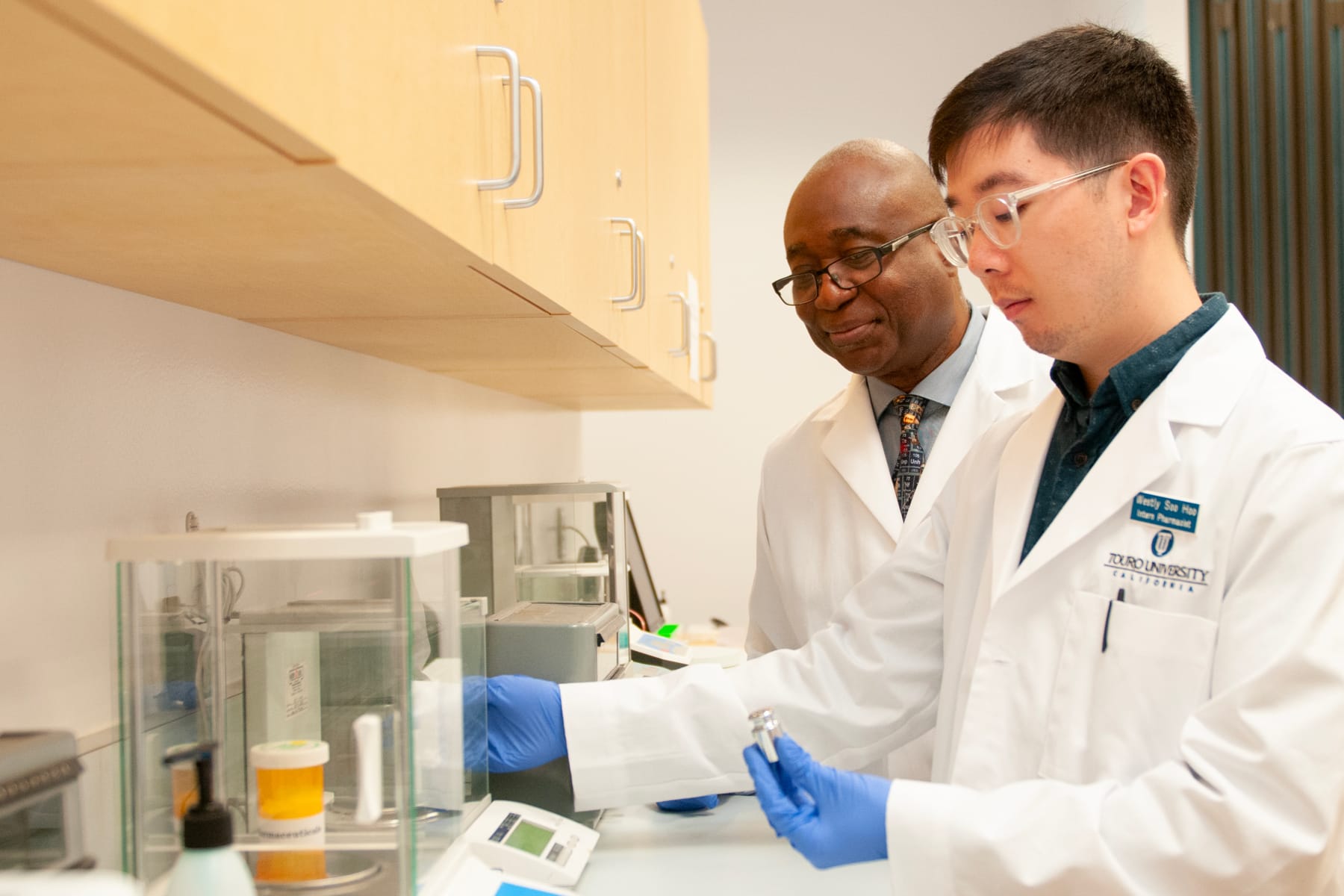Demystifying the Work of Clinical Pharmacists
Clipper Young, PharmD, MPH, APh shares the Role of Clinical Pharmacists

When most people think of pharmacists, they imagine someone standing behind the counter to dispense medications and offer quick advice on over-the-counter products and dietary supplements.
While these tasks undoubtedly are within the role of pharmacists, they only scratch the surface of what pharmacists can contribute to the healthcare system. The PharmD, or Doctor of Pharmacy degree, is an essential credential behind our work, representing the extensive training and qualifications pharmacists undergo to provide specialized, patient-centered care. This article aims to clarify what a PharmD entails and the role clinical pharmacists, a subset of the pharmacy profession, play in patient care.
What Is a PharmD?
The PharmD is a professional degree that prepares pharmacists for licensure and clinical practice. In the United States, earning a PharmD requires completing a rigorous curriculum that spans approximately five to eight years, depending on whether the student enters directly from high school or after completing an undergraduate degree. This education focuses not only on medications and clinical training but also on patient communication, medical ethics, healthcare systems, and evidence-based decision-making. The clinical training includes rotations in various healthcare settings, such as hospitals, outpatient clinics, and community pharmacies. These clinical experiences prepare students to work closely with patients and other healthcare providers in delivering team-based care.
Beyond the PharmD: The Role of Clinical Pharmacists
Once a PharmD is earned, many graduates pursue additional training through residencies and fellowships, similar to how medical doctors specialize. Post-graduate training allows graduates to deepen their knowledge, for example, in chronic disease management, pediatrics, oncology, and infectious diseases. It is essential to understand that clinical pharmacists are not just medication experts; we are integral members of the healthcare team, helping to manage patient care and optimize treatment outcomes.
Clinical pharmacists work in various settings, including hospitals, ambulatory care clinics, long-term care facilities, and universities. Our primary focus is delivering direct patient care, where we apply our expertise in pharmacotherapy (using medications to treat diseases) to ensure treatment safety, effectiveness, and cost-effectiveness. Clinical pharmacists, for example, often help manage chronic conditions like type 2 diabetes, hypertension, and heart diseases by working closely with patients to adjust medications, monitor progress, and provide education to ensure patients understand their treatment plans.
Why Are Clinical Pharmacists Important?
Clinical pharmacists are uniquely positioned to address the growing complexity of modern healthcare. With the increasing number of available medications and the intricacies of managing chronic conditions, the role of clinical pharmacists has expanded well beyond dispensing medications. We perform comprehensive medication reviews, identify and prevent medication-related problems, and collaborate with physicians, nurse practitioners, physician assistants, and other healthcare providers to design optimal treatment plans. In many cases, clinical pharmacists are authorized to initiate and modify medications, making our role fit in areas like chronic disease management, where careful monitoring and adjustment are essential for good outcomes.
Moreover, clinical pharmacists contribute to preventing medication errors and ensuring patients take their medications safely and effectively. We often educate patients and healthcare providers on the latest evidence-based practices, which are particularly important as new therapies and guidelines emerge.
Conclusion
The PharmD is much more than a degree—it represents a commitment to patient care and expertise in medication management that is indispensable in today’s healthcare landscape. Clinical pharmacists ensure patients receive safe, effective, and individualized medication treatment, contributing to the overall treatment approach. As we look to the future of healthcare, the role of clinical pharmacists will only continue to grow, helping to meet the challenges of an ever-evolving healthcare field.
